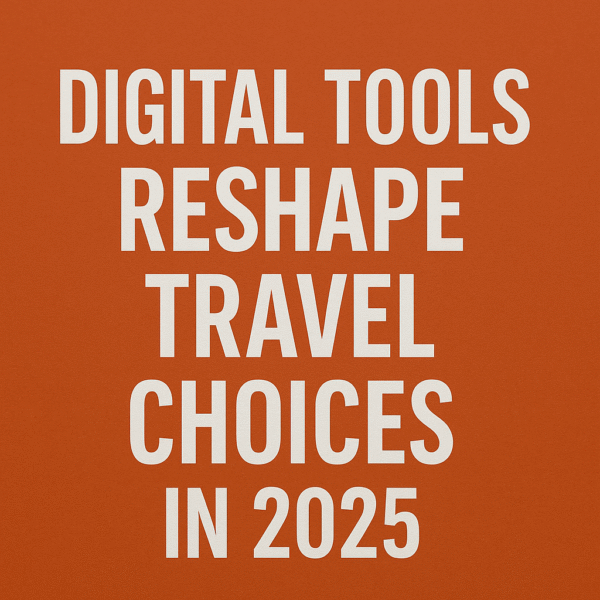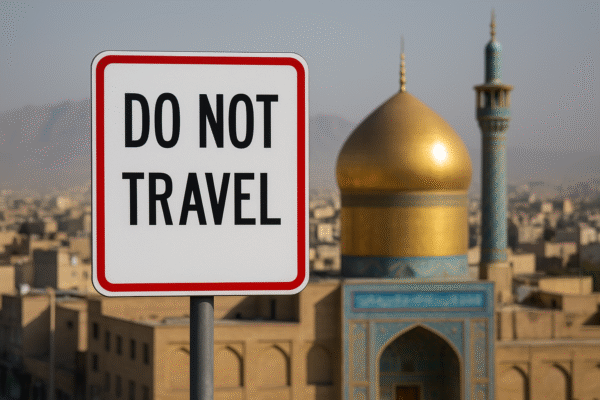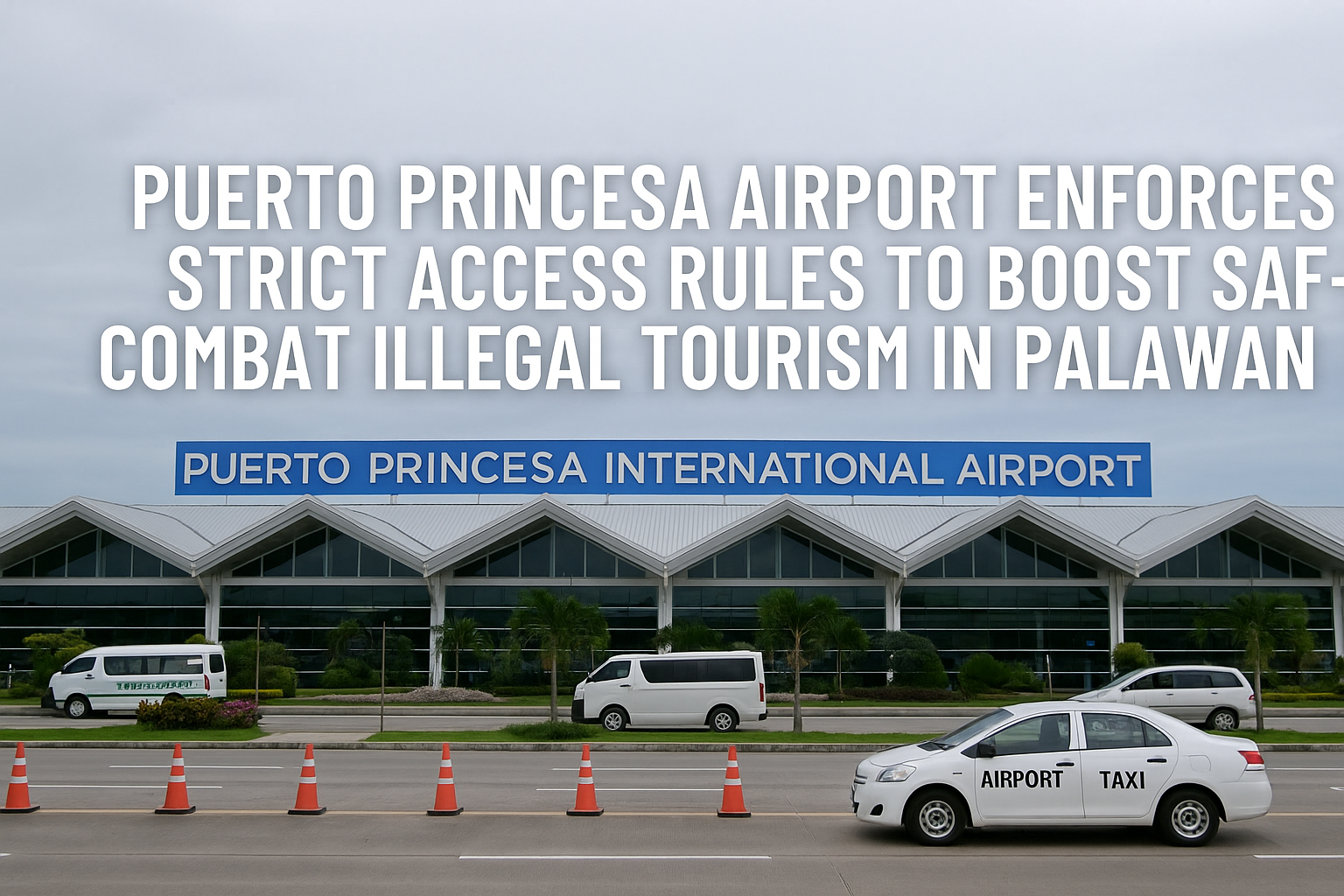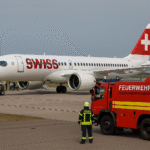The Philippines’ Department of Transportation, through the Civil Aviation Authority of the Philippines (CAAP), has announced a sweeping overhaul of operations at Puerto Princesa International Airport (PPS), introducing stricter access regulations and service discipline in response to rising tourist arrivals and mounting concerns over illegal transport operations, congestion, and inconsistent tourism services.
This strategic move comes at a pivotal time, as Palawan remains one of the country’s top tourist destinations, drawing both domestic and international travelers to its pristine beaches, limestone cliffs, and UNESCO-listed Puerto Princesa Underground River.
New Airport Access Regulations in Puerto Princesa
Effective June 19, 2025, only accredited personnel and vehicles bearing official CAAP-issued Access Passes and stickers will be allowed inside the airport’s premises. Under the new “No CAAP Sticker and Access Pass, No Entry” policy, the following individuals are permitted access:
- Drivers affiliated with registered transport-for-tourism services (TTS)
- Licensed hotel representatives
- Official tour guides
Each must wear full uniforms, carry valid company IDs, and display their access passes clearly. Unaccredited drivers and unregistered vehicles will be denied entry and may face administrative sanctions.
These changes are a proactive attempt to improve passenger experience and minimize the presence of illegal tour operators who often target unsuspecting tourists arriving in Puerto Princesa.
Managing Congestion and Crowd Control
The new guidelines also address long-standing issues with airport congestion. Tourism-related personnel are now only allowed to enter the premises within a 15-minute window before a flight’s scheduled arrival time. CAAP strictly prohibits loitering near passenger drop-off and pick-up areas to ensure free flow of vehicles and prevent crowding.
Walk-in passengers will now use designated loading areas with a First-In, First-Out (FIFO) queuing system to organize vehicle departures efficiently. Airport-licensed taxis are the only units permitted to access these zones, and they must vacate within a 30-minute limit—even if unoccupied.
Moreover, vehicles can no longer idle or wait in general parking areas in anticipation of walk-in guests. The reforms are designed to reduce traffic build-up while maintaining orderly passenger service.
Proof of Booking Now Mandatory for Airport Pick-Ups
CAAP has implemented a strict “No Booking Confirmation, No Pick-Up” policy for transport operators. Every vehicle entering to pick up tourists must present one of the following:
- Travel vouchers from accredited travel agencies
- Guest lists or booking confirmations from partner hotels
- Documentation verified by the booking lessee
This measure not only streamlines airport entry but ensures the legitimacy of service providers, reducing risks for visitors. All handling of passenger data must comply with the 2012 Data Privacy Act (Republic Act No. 10173), ensuring secure and lawful use of personal information.
Prohibition of Aggressive Solicitation and Unprofessional Conduct
In a bid to create a more welcoming and secure environment for tourists, CAAP now bans all forms of aggressive solicitation, such as shouting or hailing passengers. Instead, tour and transport representatives may only use printed placards to greet arriving guests in designated “Greeters Waiting Sheds.”
Drivers are also expected to remain inside their vehicles unless assisting with passenger luggage. These updated behavioral expectations aim to elevate service quality and professionalism within the airport environment.
Fare Regulation and Protection Against Overcharging
To ensure fair pricing, only metered taxis in good working condition will be granted airport access. CAAP will closely monitor fare compliance in line with Department of Transportation guidelines, and violators—such as those caught tampering with meters or charging exorbitant rates—will have their access revoked.
This aligns with broader national initiatives to protect tourists from exploitation and ensure a consistent standard of service across major gateways in the Philippines.
Penalties for Non-Compliance
CAAP will conduct active surveillance and random inspections to enforce these policies. Penalties for violations range from temporary suspension of access to the permanent revocation of licenses and permits. Airport security and local police will coordinate to manage compliance and ensure swift action against violators.
Elevating Palawan’s Tourism Gateway
The reforms at Puerto Princesa International Airport reflect the broader strategic goals of the Department of Tourism (DOT) and CAAP to align the Philippines’ aviation infrastructure with global tourism standards. According to the DOT’s 2025 Mid-Year Report, Palawan has recorded a 23% year-on-year increase in foreign tourist arrivals, with Puerto Princesa alone accounting for more than 40% of the island’s inbound air traffic.
With increased connectivity from Manila, Cebu, and international routes like Taipei and Seoul, the new airport policies are timely and crucial for managing growth sustainably. These efforts support the national tourism agenda under the Philippine Tourism Development Plan 2023–2028, which emphasizes visitor safety, seamless travel experiences, and the formalization of tourism services.
As Palawan continues to shine on the global tourism stage, Puerto Princesa’s gateway airport is stepping up to meet the demands of modern travelers—ensuring that safety, order, and quality service remain central to the island’s allure.
For more travel news like this, keep reading Global Travel Wire












